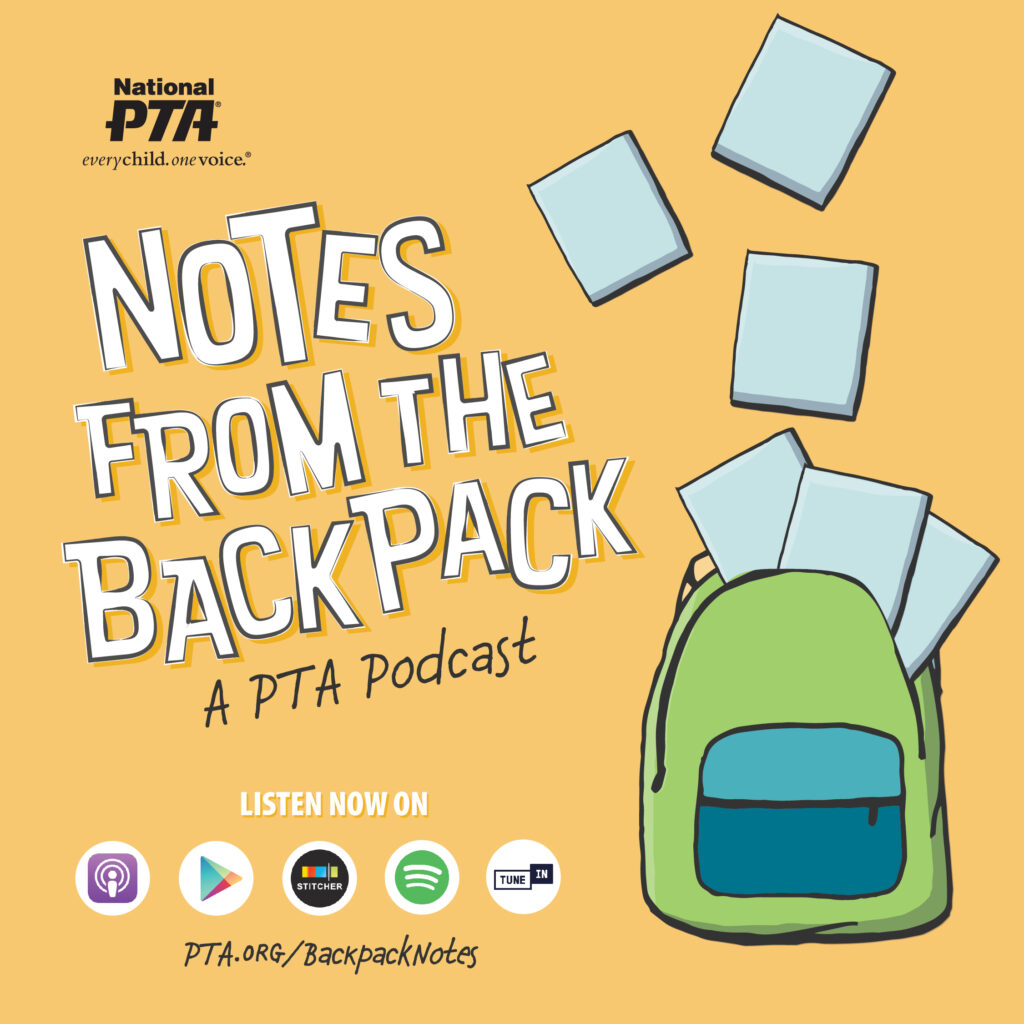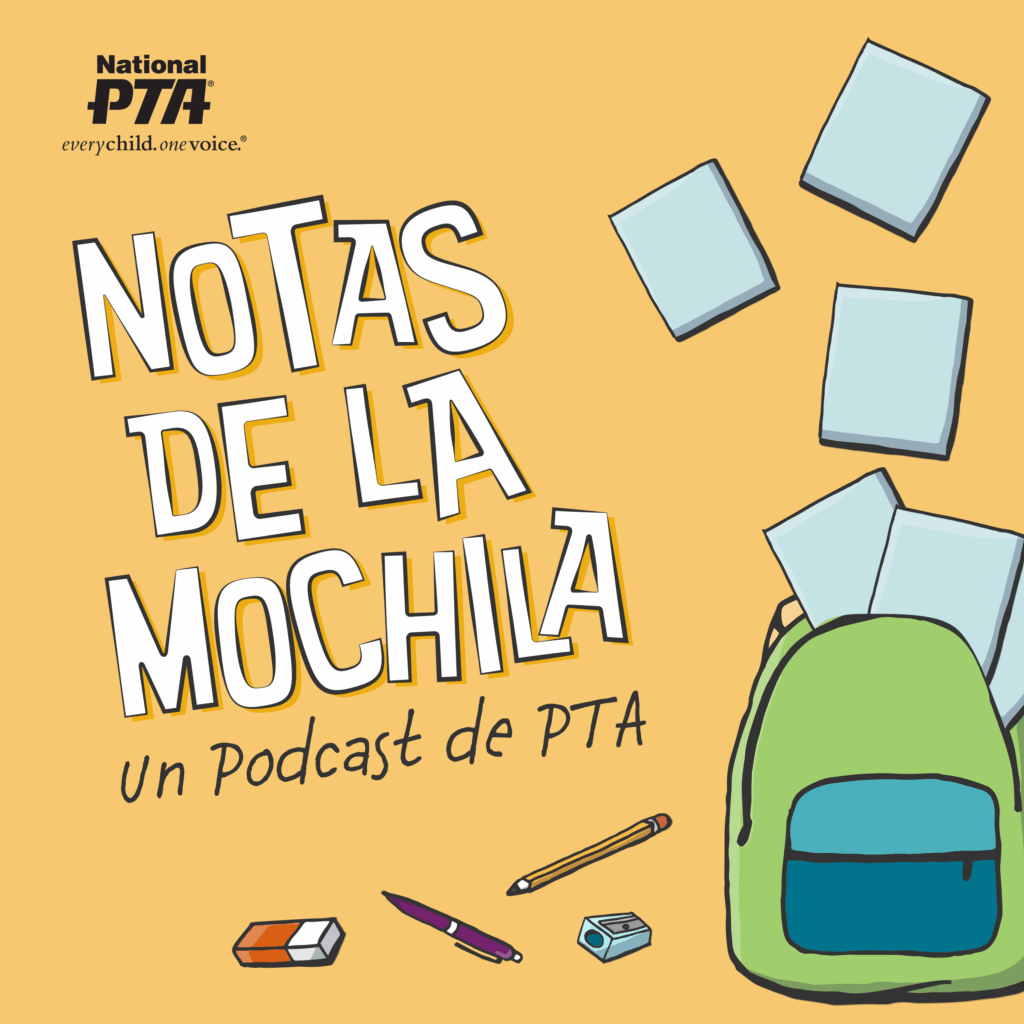Our Children Magazine presents fun….easy…and cheap science projects for kids!
Is your child a mad scientist in the making? Have they ever wanted to see a rocket launch? Well, here’s your chance to make that dream a reality! Our friend Mary Porter Green offers kids an exciting way to learn about the science of temperature changes.
Materials
- Scissors
- 1 Teabag (kind with string and paper attached to top end)
- Small bowl or container to dump tea leaves into
- Launch pad that won’t catch fire (ex; ceramic plate)
- Source of flame (ex; flame lighter)
Directions
- Cut top off of teabag. Cut as squarely as possible, this will help out with launching the rocket later on.
- Once you’ve cut the top off of the teabag, unfold it. The teabag should then look like a rectangular tube.
- Dump tea leaves out into a bowl.
- Move teabag around with your fingers until the teabag forms a cylinder you can stick your fingers into. This is why it’s important to cut the teabag open in a straight line, because your teabag rocket is going to rest on its end. You want it to have a nice, flat surface to rest on.
- Place teabag standing up on your non-flammable launch pad.
- Now all you need to do is light the rocket on fire. With an adult’s help, use a flame lighter to light the very top of the teabag.
- Watch in amazement as the flame burns all the way down to the bottom of the teabag and causes the teabag rocket to launch into the air!
The Science:
Warm air rises and cold air sinks, so when the warm air went down to the very bottom of the teabag, it created a convection current, pushing against the cooler air around the launch pad and causing the teabag rocket to float up into the air.
Mary Porter Green has connected with hundreds of thousands of young scientists through stage performances, television and her work in hands-on science programming. She is founder of the Curiosity Zone Science enrichment programs and the Experiment Exchange, a free online database of simple hands-on science activities.

















